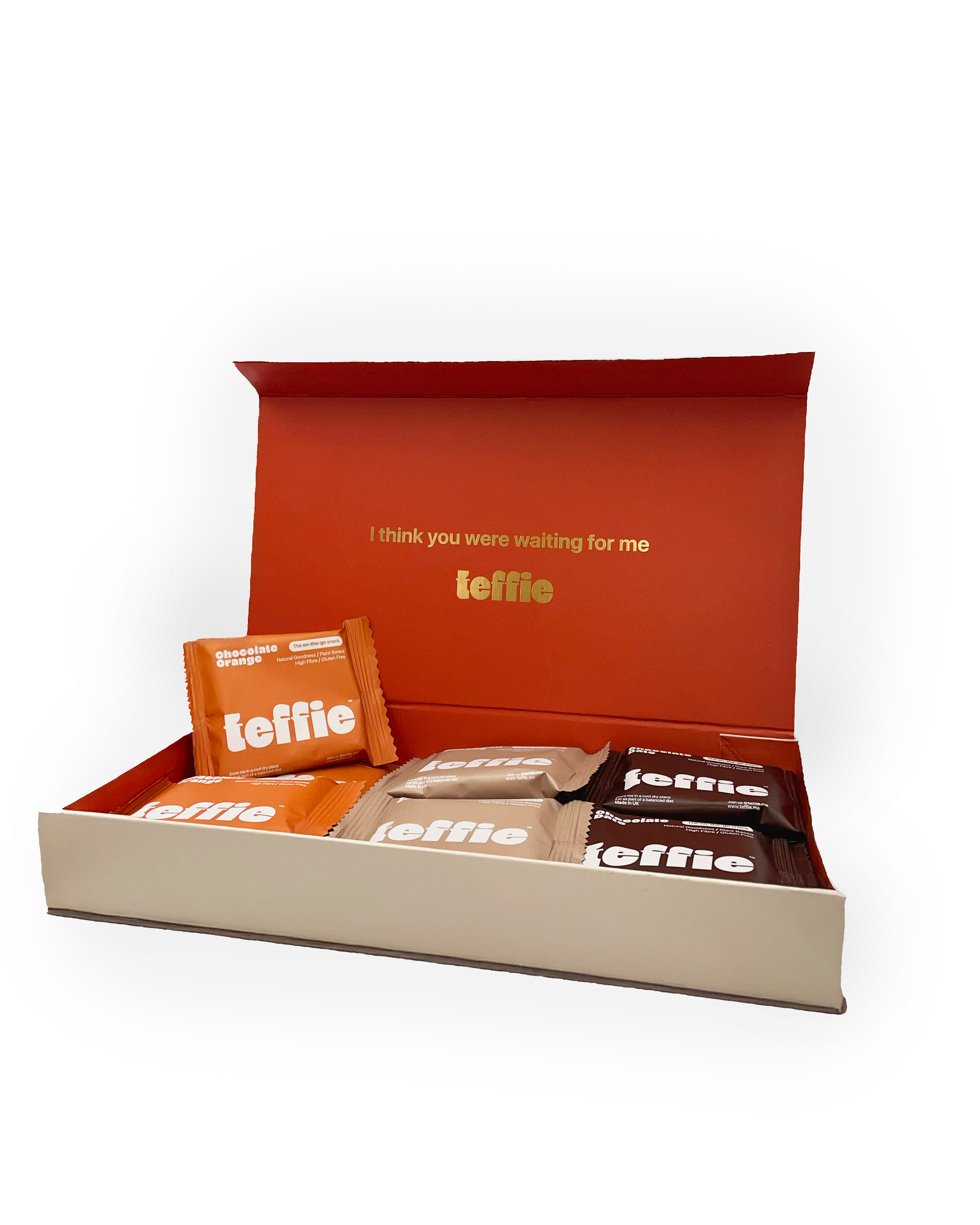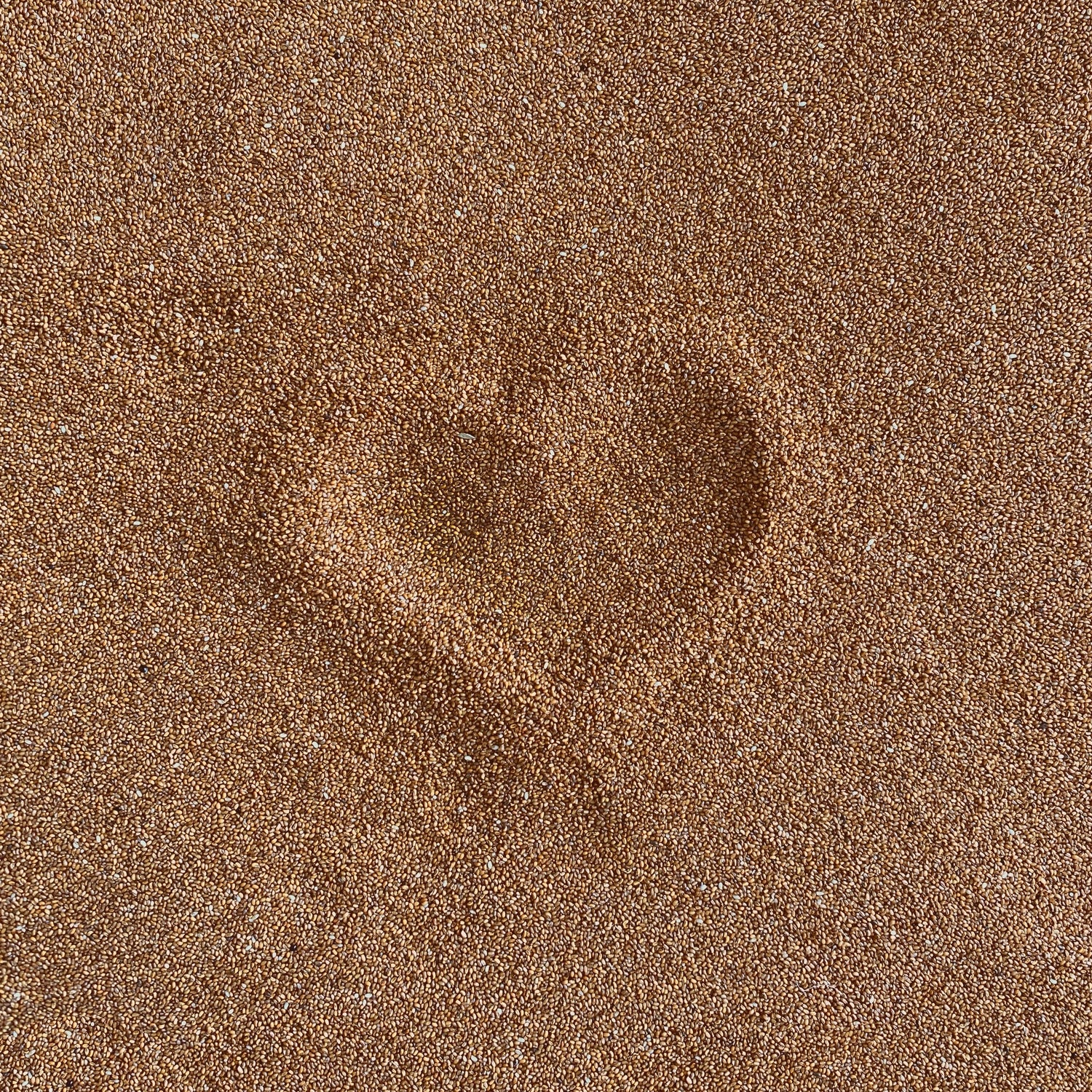Unity and fighting are not necessarily two words that go hand in hand, but for kickboxer Alex Lawson, one was found through the other. Lawson followed his brothers into the sport and found his calling, which also allowed them to reconnect after his parents’ divorce. Over the years, Lawson honed his skills and became a well-respected figure in the kickboxing community, winning the ICO Light Welterweight Champion in 2013. As proud as he is of the title, Lawson applies an equal amount of weight on the journey he took to get to that point. For him, winning, whilst dependent on the final fight, is also a culmination of the work he’s put in. His training, his mistakes and achievements, even the fortitude of his competitors. What matters is getting back up when you’ve been knocked down.
In 1998, Lawson was ready to become captain of his own ship and opened Springhealth Kickboxing Gym. He began with a small clientele, but the gym continued to grow, as did the sense of community. Despite stepping down as the owner and head coach, the ties are still very much in place. Still fighting and training today, Lawson is leaving behind an important legacy. Just as kickboxing brought him and his brothers closer together, Lawson has created a space that has allowed a myriad of people not only to learn the art of kickboxing, but to find a second home.
How did you get into kickboxing?
Ultimately, I followed my brothers into the sport. My elder brother and my twin were on holiday in Spain when my elder brother got into an altercation. He ended up being stabbed in the chest. He managed to fight him off and kick him away, but it was then he realised he needed to learn proper self-defence. He joined the National College of Martial Arts in Kings Cross, and immediately became very good, winning the Wako British title two years in. My twin joined a year after him. I was a very good sportsman already. I'd gone to a boarding school and played cricket, rugby, basketball, hockey. I already had a good athleticism about me. I began a few years after my brothers and I was already an athlete, it was just about developing the technique. Within two years I'd won my first top British kickboxing title. So we all did quite well in the early days.
What was it like to train in the same sport as your brothers? Did you feel a certain kind of pressure?
There was a pressure because I was coming after two guys who had already laid the foundation. And they became top world champions as well. My older brother won five professional full contact world titles, and my identical twin won a couple of pro full contact world titles, and several amateur ones, one of which was a WAKO title where he won fighter of the tournament, an accolade no British fighter had ever won before.
I also had a lot of pressure on me because I was more privileged to them in many ways. We grew up separately after my parents’ divorce. I didn't really enjoy fighting. Fighting is going in there and having to hit someone and being hit by someone. I’d rather play Monopoly or tennis. I’m a competitive person and I want to win, but I don't necessarily want to inflict the damage and harm that comes with it, especially in the upper levels of kickboxing. So I kind of just went through it because my brothers were doing it. It was also what reunified us after living separately for 16 years. But I look back at what I've been able to achieve through it and at the gym I set up and I don't regret a moment of it.
Although you followed your brothers into the sport you still made a name for yourself, and became the ICO Light Welterweight World Champion in 2013. Can you talk me through your journey to first place and how it made you feel?
I had kind of given up competing and had won many British titles. I’d chosen to put most of my energy into building a business and creating a life for my family and earning money through the sport. I taught a few fighters but mainly taught people who wanted to get fit. I still did the odd, sporadic tournament throughout the early 2000s just to keep sharp, and then when I got to 38, my brothers encouraged me to enter the ICO World Championships.
My idea was to go and fight in the 40s seniors, as I was really agile and fit for a 40-year-old. I had a really good fight camp and got to an excellent weight, and then I went and fought. My semi-final fight was one of my cleanest fights to date where I was able to showcase my skill set and ring craft. A couple of days later I was in the final against an incredible Ukrainian fighter. He was very capable – I've never fought anyone with hands so quick. I was dominating the first round, but then he caught me with a punch. It was the first time and the last time that I'd ever been dropped, and that’s an ego thing for fighters, you never want to be dropped. I remember holding my knee thinking, ‘Oh crikey, what's happening here?’. My partner just told me to take my time and get up, which I did. With all the experience I had I was able to go through and win the fight on decision. Half an hour later I was in another final and broke my arm fighting against a Scottish guy about three kilos heavier than me, so I couldn’t even go to the awards ceremony. I was being carted off to hospital to have my arm reset!
Would you say that you feel prouder of the journey than the end result?
That’s a really good question. There's glory to be had in both. I don’t really enjoy watching the footage back from that fight. Nowadays, I take much more pleasure in watching my son who is a high-end athlete and watching his feats, or watching my daughter who's not an athlete, but was the only girl in her year group who was willing to do the 1500 metres for her house. She did do win but she’s still kept running, waving at the crowd. So I don’t think it always has to end in glory, it’s also the effort that counts- I take pride in both.
You also founded Springhealth Kickboxing Gym in 1998. How did the idea come about?
I've felt amazingly blessed in life. It hasn’t been perfect, but I like to look at what I have got, and I’ve been blessed with my wife. Don't get me wrong, like any relationship there's been ups and downs (primarily ups!). But we've put ourselves in a good place in life, and she was one of the inspirations for Springhealth Kickboxing Gym. We'd only been dating for a year and a half when I felt the urge to branch out from my brothers and launch my own gym. I love them, but I wanted to be my own manager, run my own ship. She encouraged me, and told me ‘Alex, you can do it yourself. You’ve got a good network around you, we’ve got a little bit of money, you can get a loan, I can help you with the application’, and we did all that. I already had a client base of around 80 people as I’d been teaching out of a friend's fashion photography studio, so I was almost breaking even from day one.
You’ve built such a strong community at Springhealth. How has that community fostered, and despite your leaving, do you still feel a part of it today?
A telling date for us was 11th September 2001. It happened to be our one-year anniversary, and we had bought balloons and cake. Despite the tragedy that occurred that day, it was one of our busiest nights. Of course, no one was cracking party poppers. People wanted to be there at that awful time because we were a part of the family, and we were all going through a profound event in our lives together. We wanted to be around these people we saw two or three times a week and share it with them. That was really telling for me that I’d done a good thing in setting this place up. I met a lot of great people there too. Audifax Kinga (the current owner of Springhealth) is someone who has been with me since the start. When he first turned up to train with me at the photography studio I thought he was a spy from another club, as he was so good but claimed to have no experience in kickboxing! He helped me set up Springhealth and eventually became an instructor. He even dropped his day job to work with me and follow his passion, as I was also still training him as a fighter. He’s amazing and has done a lot for me over the years – he’s like a brother to me.
I take great pride in the 1000s of people that walk through that door and the vast majority that come back time and time again. You get a few people who walk through the door and think it’s not for me, but then there are some people there who have been there since the first class. I’ve got friends there, people who turned up to my wedding, people who’ve helped build houses for me, just the widest spectrum of people you could meet. I have a lot of pride that I was able to help generate that energy and atmosphere and give people a home outside a home. It’s my proudest achievement.
Do you have a mantra?
No, I don't really. I do sign off a lot of my texts saying, ‘Be happy, be kind and be peaceful’ (I do recognise the irony of a kickboxer saying that). But there are so many mantras that feel pushed or forced, so I just remember to be kind, be thoughtful, be patient and that’s come from having kids. I used to take long trips to and from London and work really long days, so when I came home I could be a bit tetchy if the kids weren’t behaving. But kids make mistakes, and adults make mistakes too, and it’s about learning from that. Generally, the best people are those who have made mistakes but have become mindful of how not to make the same ones again. And, of course, the word ‘sorry’ is profound. I feel like I’m the ‘sorry’ king. I’ve said it so many times as I’ve made a lot of mistakes, some big, some small. It’s a vital word in any language as it allows people to recognise you understand where you’ve gone wrong, and you can build and progress from there. I suppose that’s another thing I like to live by – don’t be afraid of saying sorry.
You can find out more at:
Instagram: @alexlawsonfitness
KXU Equinox: https://www.kxu.co.uk/people/alex-lawson



